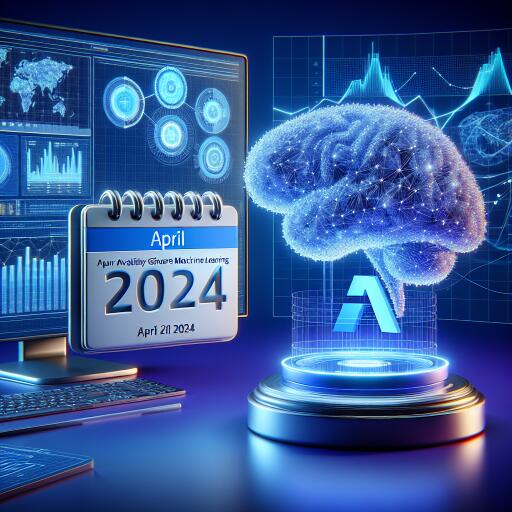Azure Machine Learning Hits Major Milestone with Three Key Features Now in General Availability
In a significant advancement for the world of machine learning and Cloud computing, Azure Machine Learning has unveiled three pivotal features now available in General Availability (GA) this April 2024. This update underscores Microsoft Azure’s commitment to providing comprehensive, user-friendly solutions that cater to the evolving needs of data scientists and application developers. Let’s delve into the essence of these features and how they promise to revolutionize workflows and processes.
Centralized Logging with Model Data Collector (MDC)
The introduction of the Model Data Collector (MDC) marks a turning point in how data scientists and developers can manage inference data. With the ability to effortlessly log both input and output inference data directly to Azure Blob Storage, users gain a powerful tool for compliance, auditing, and monitoring purposes. This feature not only enhances transparency and accountability but also opens up new avenues for data analysis and optimization.
Event-Driven Efficiencies with EventGrid Integration
Embracing the power of serverless architectures, Azure Machine Learning’s integration with EventGrid paves the way for a more dynamic and responsive system. Users can now set up applications, processes, or workflows that automatically respond to Azure Machine Learning events. Whether it’s signaling the completion of training runs, the deployment of models, or the identification of data drift, this feature ensures that your machine learning operations are as streamlined and efficient as possible.
Enhanced Network Isolation in Managed Feature Store
The update also introduces an enhanced level of network isolation within the managed feature store. This enhancement is designed to accelerate the experimentation and deployment of models, bolstering their reliability while minimizing operational costs. For organizations looking to safeguard their data and model integrity within a secure environment, this feature provides a robust solution without compromising on speed and efficiency.
Together, these updates to Azure Machine Learning significantly lower the barriers to advanced data science practices, ensuring that teams can focus more on innovation and less on the intricacies of data management. By smoothing out the data collection process, enabling responsive event-driven architectures, and providing a secure environment for feature storage and management, Azure is setting a new standard for machine learning platforms.
As we move further into 2024, it’s clear that these updates to Azure Machine Learning are just the beginning. Microsoft Azure continues to lead the way in making advanced machine learning tools accessible and manageable, promising a future where AI and machine learning are integral to solving some of our most complex challenges.










